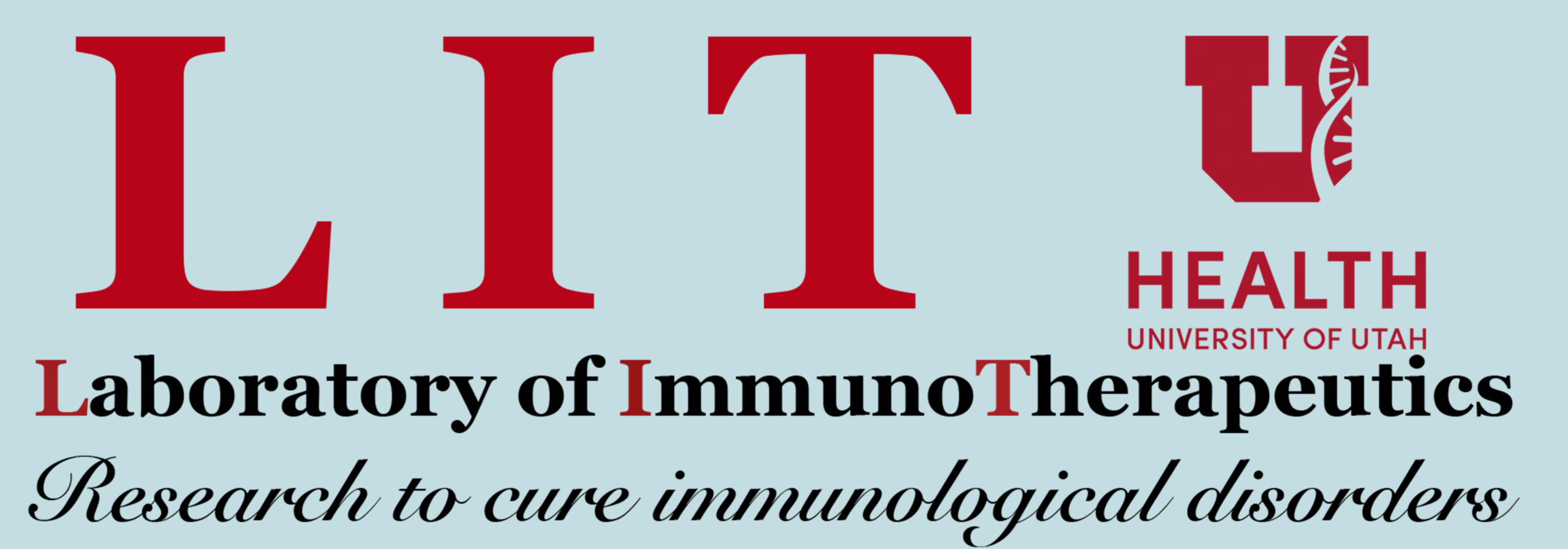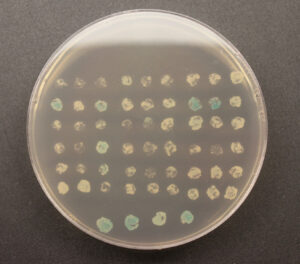Research Theme
Human immunity is one of the most far-reaching mechanisms in the body and maintains the stasis in all organs and tissues. It protects the body from a wide range of diseases, from viral infections to cancer. Immunity is comprehensive and precise and has many self-check and balancing to serve its function. Yet, intrinsic or external factors could cause immunity to lose its balance and become hyperimmunity or hypoimmunity. An imbalanced immunity is a root cause of a wide range of disorders including type-1 diabetes (T1D), multiple sclerosis (MS), systemic lupus erythematosus (SLE), or cancer. Investigation on and finding solutions to address these disorders are our passion and the main research theme of our laboratory. To this end, we design and engineer various types of protein molecules as the tools of investigations and potential therapeutics to treat immunological disorders. We have and continue to build expertise and capacities to produce antibody, immunotoxin, and other recombinant proteins though a wide-range of expression systems, E.coli, yeast, insect cells, and mammalian cells. In addition to work in the immunological disorder area, we also have interests to devise immune-compatible peptide and protein materials. We design the materials based on principles of how the immune system distinguishes immune-tolerated and -nontolerated proteins. We also contribute to the expansion of these principles with our discoveries. The following are our current research efforts in line with our interests.
- To resolve autoimmune diseases without compromising normal immunity
- To revitalize host anti-tumor immunity
- To modulate the immunogenicity of functional peptide and protein materials
Research Interest Keywords
- Autoimmune Diseases, Interest Level: 5
- Vaccine, Interest Level: 5
- Protein Engineering, Interest Level: 5
- Recombinant protein and peptide materials, Interest Level: 5
- Drug Delivery, Interest Level: 5
- Cancer Immunotherapy, Interest Level: 5
- Metastasis, Interest Level: 4
Education and Training through Research
Graduate students in our laboratory will have opportunities to receive a series of trainings in protein therapeutic development through their research project. The trainings start with protein design, followed by molecular cloning, protein expression and purification, in vitro and in vivo assessments of efficacy, pharmacokinetic and pharmacodynamic characterization, as well as the evaluation of toxicity and side effects. Their projects could be enhanced with state-of-art imaging technology, omic analysis, and biostatistics. The students also have chances to gain experience in patent application and technology commercialization. These trainings offer students a broad career path.
Funding
Our research are supported by the National Cancer Institute (NCI), the the National Institute of Biomedical Imaging and Bioengineering (NIBIB), the National Institute of Allergy and Infectious Diseases (NIAID), the National MS Society, the Huntsman Cancer Institute, the Skaggs Scholar Program, as well as internal grants and funding from the University of Utah.

